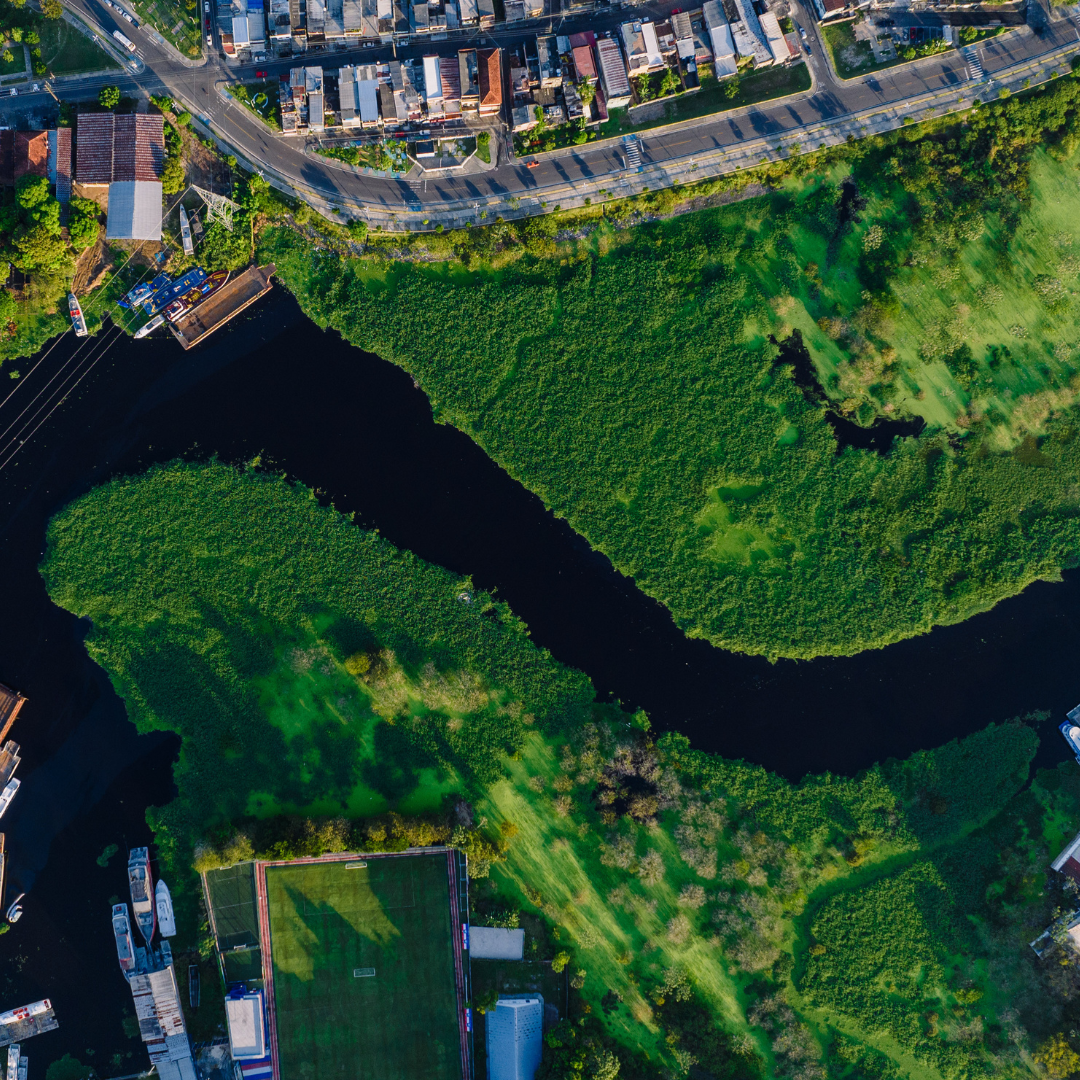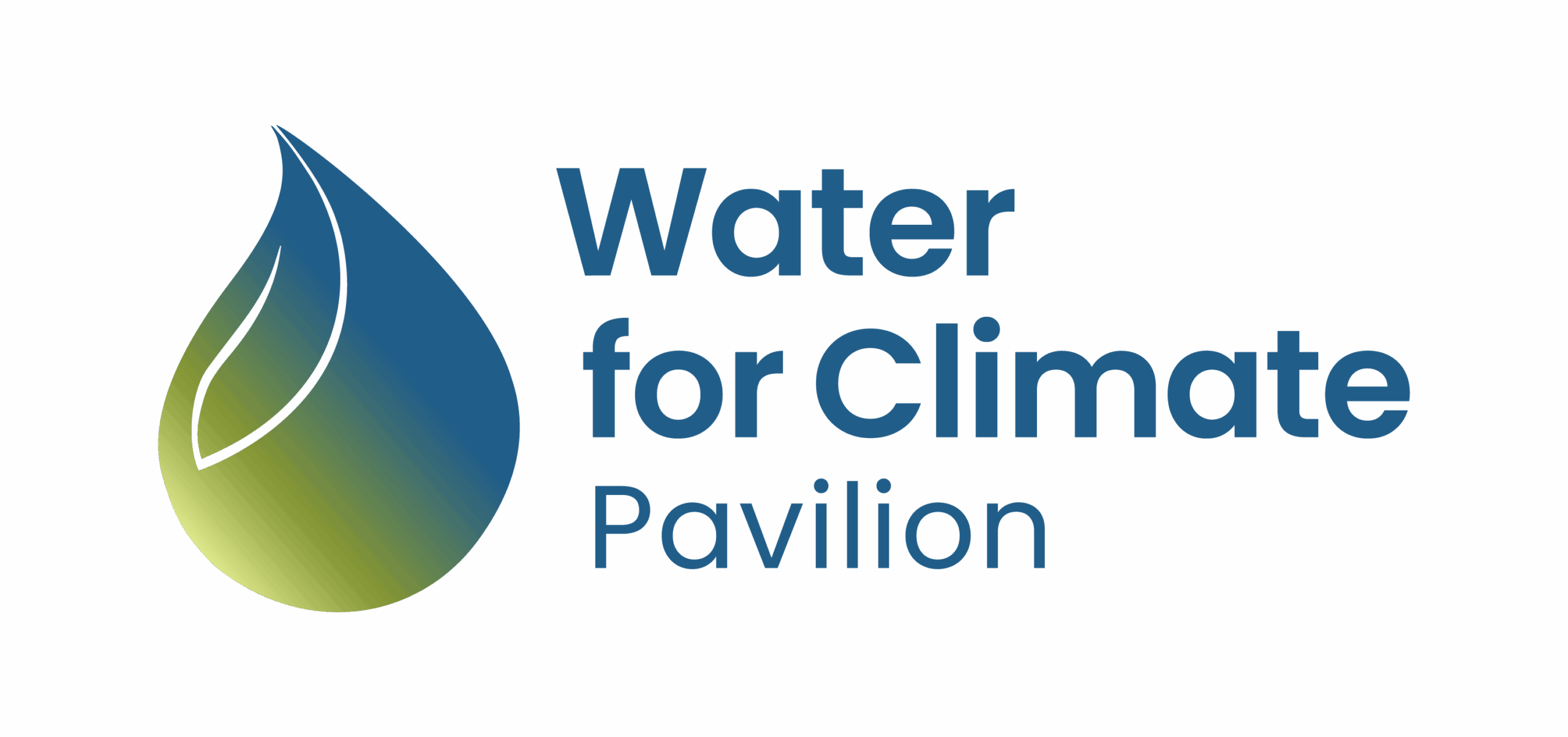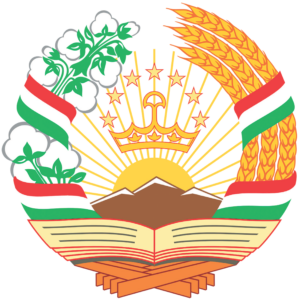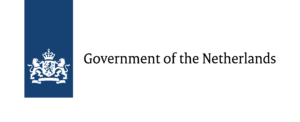Pledges and Commitments on Water at COP28
Outcomes of the World Climate Action Summit: Bold Financial Commitments for Global ImpactA Pledge for Global Impact. Key announcements include substantial financial commitments including the UAE’s financial pledge of $150 million in new funding for water scarcity solutions, as well as the collective commitment of Multilateral Development Banks (MDBs). Eight MDBs have jointly pledged to double the number of people benefiting from technical and financial support for water action for climate adaptation within three years. These commitments underscore a collective dedication to address water-related challenges and emphasize the importance of financial resources in building a water-secure future for all.
Country Commitments to the Freshwater Challenge: A Global Movement Begins. The COP28 Presidency championed the Freshwater Challenge, the largest freshwater restoration initiative, launched at the UN2023 Water Conference. Thirty-seven new members, including the UAE, the Netherlands and Tajikistan joined during the COP, and commitments related to the protection and restoration of freshwater ecosystems were presented by countries in the ministerial which took place on Food, Agriculture and Water Day.
This ministerial also saw commitments by non-state actors, particularly the private sector. More than 90 companies with operations in more than 140 countries have committed to three related platforms – the Water Resilience Coalition, the United Nations Global Compact’s Forward Faster Water Resilience Target launched in September during the UN General Assembly, and the Business Leaders’ Open Call for Water Action launched by multiple partners in March during the historic UN Water Conference – to scale the private sector’s role in building water resilience across 100 identified water-stressed basins by 2030.
The Freshwater Challenge is a country-driven initiative that aims at leveraging the support needed to bring 300,000 km of rivers and 350 million hectares of wetlands under restoration by 2030. These figures equal 30 percent of degraded freshwater ecosystems.
Launch of the Partnership on Water-Resilient Food Systems : A Nexus Approach to Sustainability. Recognizing the interconnectedness of water and food security, COP28 held the first-ever ministerial on building water-resilient food systems, co-convened by the UAE and Brazil, and bringing together over 20 ministers. One of the outcomes of this ministerial is the launch of the partnership on water-resilient food systems, consisting of leading international organizations, and will be hosted under the UNFCCC Climate-Resilient Food Systems Alliance. This partnership will support countries and non-state actors with national climate planning as well as the implementation of commitments related to the integrated water and food systems management. This collaborative effort aims to develop integrated solutions that enhance agricultural practices, ensure water efficiency, and promote sustainable food systems on a global scale.
The One Water Summit: A Gathering of Visionaries. COP28 witnessed the launch by French President Emmanuel Macron of the One Water Summit, a platform bringing together leaders, experts, and advocates to exchange ideas, strategies, and innovations in water management. It is complementary to the outcomes of the UN 2023 Water Conference, the World Water Forum, and the next UN 2026 Water Conference. The One Water Summit serves as a catalyst for transformative action, implementation of commitments and fostering a shared commitment to addressing water challenges comprehensively. It will be hosted during the United Nations General Assembly in 2024 on heads of state level.
Report by FAO and Partners: In-Depth Insights for Informed Action. The Food and Agriculture Organization (FAO) and its partners released a comprehensive report providing valuable insights into water and food systems. These reports serve as crucial resources for policymakers, researchers, and practitioners, offering informed perspectives to guide effective action in the realm of water and climate resilience.
A pivotal accomplishment is the inclusion of water resilience in the negotiated text on the Global Goal on Adaptation (GGA) and the Global Stocktake (GST) acknowledging the importance to protecting, conserving, and restoring water-related ecosystems in delivering climate adaptation benefits and co-benefits while ensuring social and environmental safeguards. It also urges Parties and invites non-Party stakeholders to increase their ambition and enhance action in support to significantly reducing climate-induced water scarcity and enhancing climate resilience to water-related hazards towards climate-resilient water supply, climate-resilient sanitation and access to safe and affordable potable water for all.
High Level Round Tabel on Urban Water Resilience. Building on the outcomes of the UN 2023 Water Conference, COP28 hosted the first high-level roundtable on multilevel urban water resilience. The goal was to support a substantive dialogue and engagement between local and national governments. The event brought together ministers, mayors, key partners such as Resilient Cities Network, C40 and WRI, and other national government representatives, to highlight how cities can better support national climate planning. Representatives from Brazil, Colombia, Nigeria, Singapore, South Africa, and the Netherlands discussed how national governments can better support the implementation of climate action on the ground. A follow-up event will be held during the second quarter 2024, ensuring continuity and progress.
Launch of the Sharm El Sheikh Adaptation Agenda Working Group. Following a high-level round table on urban water resilience during the COP28, the Working Group was launched to foster multilevel collaboration and coordinated action between local, regional, and national levels of governments and stakeholders in order to effectively address water resilience in urban areas.
Urban Water Catalyst Initiative Pilot Phase Launch: Transforming Urban Water Management. The pilot phase of the Urban Water Catalyst Initiative, a groundbreaking effort to address water challenges in urban areas, was launched. BMZ and the Government of the Netherlands also committed $42 million for the Urban Water Catalyst Initiative. This initiative seeks to catalyze innovation, technology adoption, and sustainable practices in urban water management, creating resilient and water-secure cities.




